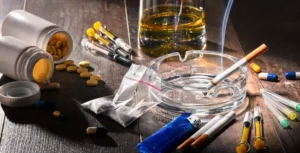
As early as one week after stopping alcohol, you will likely begin to see benefits. The physical symptoms of withdrawal will be past their worst for most people, and the benefits of quitting alcohol will start to be noticeable. Having one or two heavy drinking sessions per week increases your risks of death from long term illness, accidents and injuries (3). At Delamere, we want to help people recognise the signs of alcoholism and get the specialist support they need. If you’re drinking alcohol every night you can talk to us confidentially and get individualised advice on how to cut down or quit alcohol completely.
This blog explores the outcome of regular alcohol consumption.
Your risk of developing cancer will decrease, and your liver function will have greatly improved. This is usually when people start to feel their best after giving up alcohol. By this point, most physical withdrawal symptoms should have subsided and you should start to feel less anxious and more positive.
Coping With Alcohol Withdrawal
Find a supportive friend or family member to be with you while you withdraw and support your new non-drinking lifestyle. For those with alcohol use disorder, withdrawal is just the first (but very important) step on a long journey to recovery. These first few weeks are critical because they are when the risk of relapse is highest.

Risks and Complications
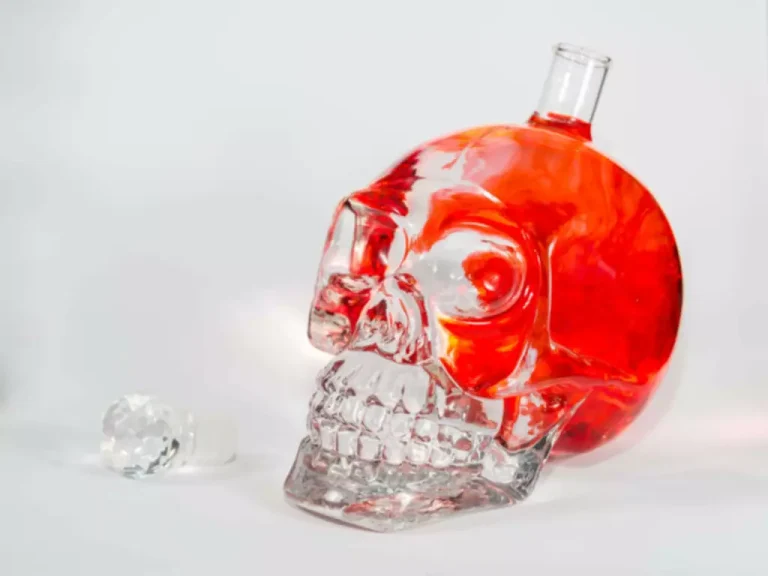
Depending on whether you’re heroin addiction a light or heavy drinker, your strategy around cutting back will be different. “For a light drinker, you don’t really need to taper,” says Dr. Mosquera. Many people who need help controlling their alcohol use do not look like stereotypical “alcoholics” and may be fully functioning society members who like having a few drinks every day. However, if you experience withdrawal symptoms when you stop drinking or find it difficult to quit when you know you should, it is time to consider getting help. Using alcohol every day can lead to dependence, a condition where your brain adjusts its function to accommodate the constant presence of alcohol.
Denying Our Mental Health: Why We Do It and How To Move Past It
Overall, longer treatment periods tend to be more helpful than shorter services. With addiction treatment, keeping the process going after rehab is vital. People who complete inpatient or residential care should seamlessly transition to outpatient care with a strong aftercare plan. Only 7.2% of people with an alcohol use disorder received treatment. A person only needs two signs and symptoms to receive an alcohol use disorder diagnosis. Many people have successfully overcome alcohol withdrawal, and you can too.
- In today’s post, we aren’t just talking about alcoholism and what happens to alcoholics when they drink alcohol every day.
- A review of several studies found that even if alcohol helps you fall asleep more quickly and deeply at first, the quality of your sleep suffers overall, leaving you feeling tired the next day.
- There are many benefits to giving up alcohol, both short-term and long-term.
I Drink A Lot. Can I Just Quit Drinking Safely?
While you will still likely have some alcohol cravings, you will probably feel pretty good about quitting alcohol. When https://ecosoberhouse.com/ you quit alcohol after using it consistently, your body spends about a week to a week and a half adjusting to its absence. This can create dangerous withdrawal symptoms but will typically fully resolve within two weeks. There is no need to feel ashamed or embarrassed that you have a problem. At Delamere, we have helped many guests from all walks of life to overcome alcohol addiction at our purpose-built facility in the heart of Cheshire.
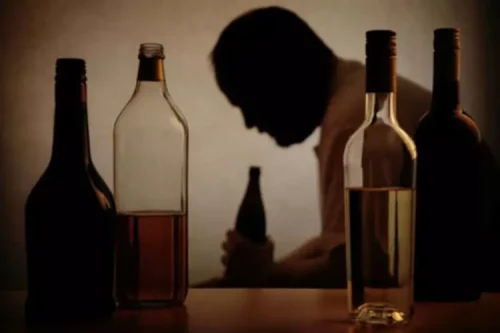
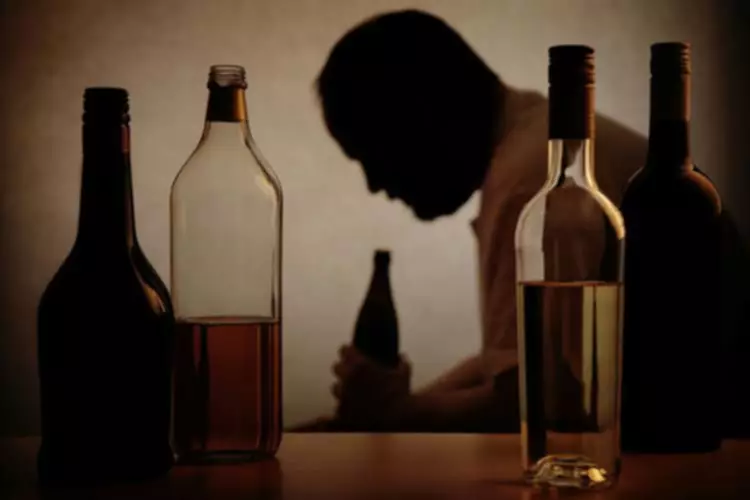
In severe cases of alcoholism, delirium tremens can last for over a week and seizures are a risk that should be addressed professionally with medications like Ativan. A glass of wine may help you unwind and bring on sleepiness but how does it affect overall sleep? Alcohol is a depressant and has a sedative-like effect, which can help individuals fall asleep; however, an individual will likely experience poor-quality sleep. Alcohol affects sleep quality by interrupting the body’s REM cycle and interfering with respiration. A comprehensive 2023 review article published in JAMA, which analyzed results from 107 cohort studies, found that consuming moderate amounts of alcohol does not, in fact, protect against mortality. Furthermore, the CDC states that daily consumption of as little as one drink a day for women and two drinks a day for men can increase the risk of developing cancer.
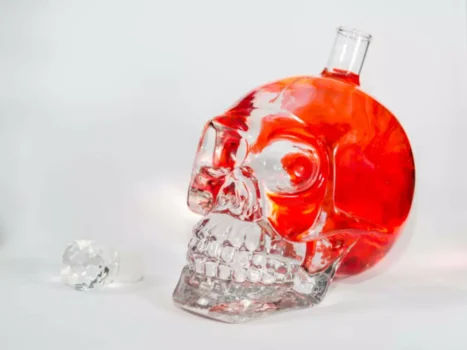
When someone drinks alcohol for a prolonged period of time and then stops, the body reacts to its absence. what happens when you stop drinking alcohol This is alcohol withdrawal, and it causes uncomfortable physical and emotional symptoms. The following quiz is called the AUDIT, which is short for Alcohol Use Disorders Identification Test. It’s used by medical professionals to assess your risk for alcohol dependence. So even if you are still struggling with cravings and the psychological battles of quitting alcohol, rest assured you are experiencing the physical health benefits.
Increased Cancer Risk
Not only will you reduce your overall calorie intake, but you will also likely replace some of these calories from healthier sources. This will lead to improved nutrition, which can profoundly impact your overall health, especially over time. By the end of your first month of sobriety, the benefits of better sleep, improved hydration, spending less and decreased calorie intake will be growing. You will likely have saved over $800 and avoided about 12,000 calories or more, allowing you to lose at least four pounds. By the end of this first month, your recovery will be well underway, and your struggle with alcohol will begin to become more of a distant memory than a recent struggle. After two weeks without alcohol, the benefits will start to compound.



